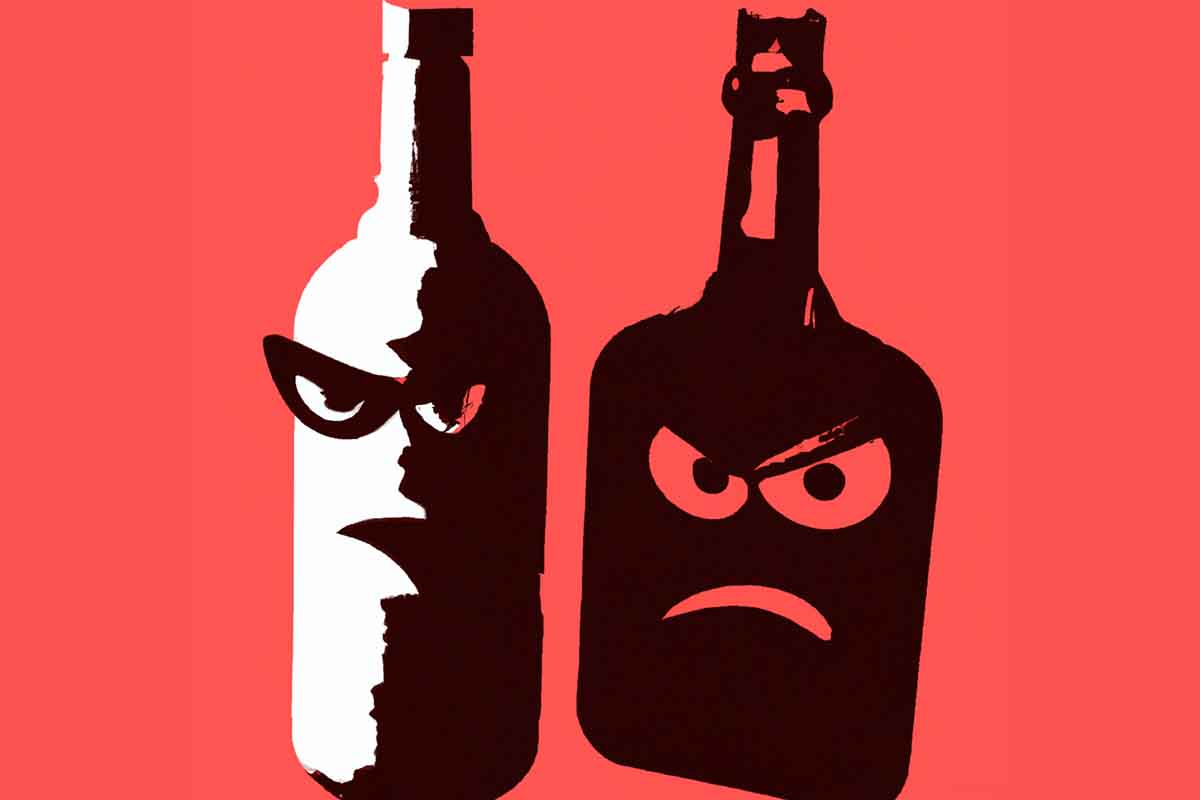For centuries, cork has been the traditional choice for sealing wine bottles. However, in recent years, screw top closures have become increasingly popular as a more reliable and convenient alternative. Despite this shift, some wine drinkers still view screw top wines as inferior to their corked counterparts. So, what’s the truth about corked vs. screw top wine? In this post, we’ll explore the advantages and disadvantages of each type of closure and help you understand how they can impact the quality and aging of your favorite wines.
So, are screw top wines worse than corked wine?
No, screw top wines are not necessarily worse than corked wine. In fact, screw tops have become a popular alternative to traditional cork closures in recent years because they offer several advantages.
One advantage is that screw tops are more reliable than corks at preventing oxidation and cork taint, which is a common problem in wine caused by a chemical called TCA that can make the wine smell and taste musty. With screw tops, the risk of cork taint is virtually eliminated, which ensures that the wine is of consistent quality.
Additionally, screw tops are easier to open and reseal than cork closures, which can be difficult to remove or reinsert, particularly as they age and dry out. Screw tops also allow for easy storage of the wine, as they create a tight seal that helps to prevent air from entering the bottle, which can impact the wine’s flavor and aroma over time.
While some people may still associate screw top wines with lower quality, this perception is changing as more wineries and consumers recognize the benefits of this type of closure. Ultimately, the quality of a wine is determined by many factors beyond the type of closure used, including the grape variety, the winemaking process, and the storage and aging conditions.
So why do people think they are bad?
The perception that screw top wines are inferior to corked wines is largely a matter of tradition and personal preference. For centuries, cork closures have been associated with high-quality wines, and some people may view screw tops as being more appropriate for lower-end or mass-produced wines. Additionally, there is a romanticism associated with cork that some wine drinkers find appealing, such as the sound of the cork popping or the tradition of saving corks as mementos.
However, this perception is changing as more people become aware of the advantages of screw top closures and more wineries adopt them. Many high-end wineries now use screw tops for some or all of their wines, and wine critics and experts have started to recognize that screw top closures can actually help preserve the quality and character of a wine. As with any aspect of wine, it ultimately comes down to personal preference and taste, and there is no objective “right” or “wrong” choice when it comes to the closure of a wine bottle.
But do wines not need to age with a corked bottle?
Wine aging can occur in both corked and screw top bottles, but the rate and character of the aging can differ depending on the type of closure. Corked wine bottles can allow a small amount of oxygen to enter the bottle over time, which can lead to the wine evolving and developing new flavors and aromas as it ages. This process can be desirable for certain types of wine, such as full-bodied red wines with high tannins.
In contrast, screw top wine bottles create a more airtight seal that can slow down the aging process and reduce the amount of oxygen that enters the bottle. As a result, screw top wines may age more slowly or in different ways than corked wines, and some wines may not benefit from extended aging in a screw top bottle.
However, it’s worth noting that not all wines are meant for aging, and some are meant to be consumed relatively soon after bottling. In general, wines that are designed for aging are typically higher in tannins and acidity, which help to preserve the wine over time, regardless of the type of closure. Ultimately, the decision to age a wine in a corked or screw top bottle will depend on the specific wine, the intended aging period, and the personal preferences of the drinker.
This is one of the most common questions we get in our wine tasting events. To find our more about the fascinating world of wine tasting drop us a line.



